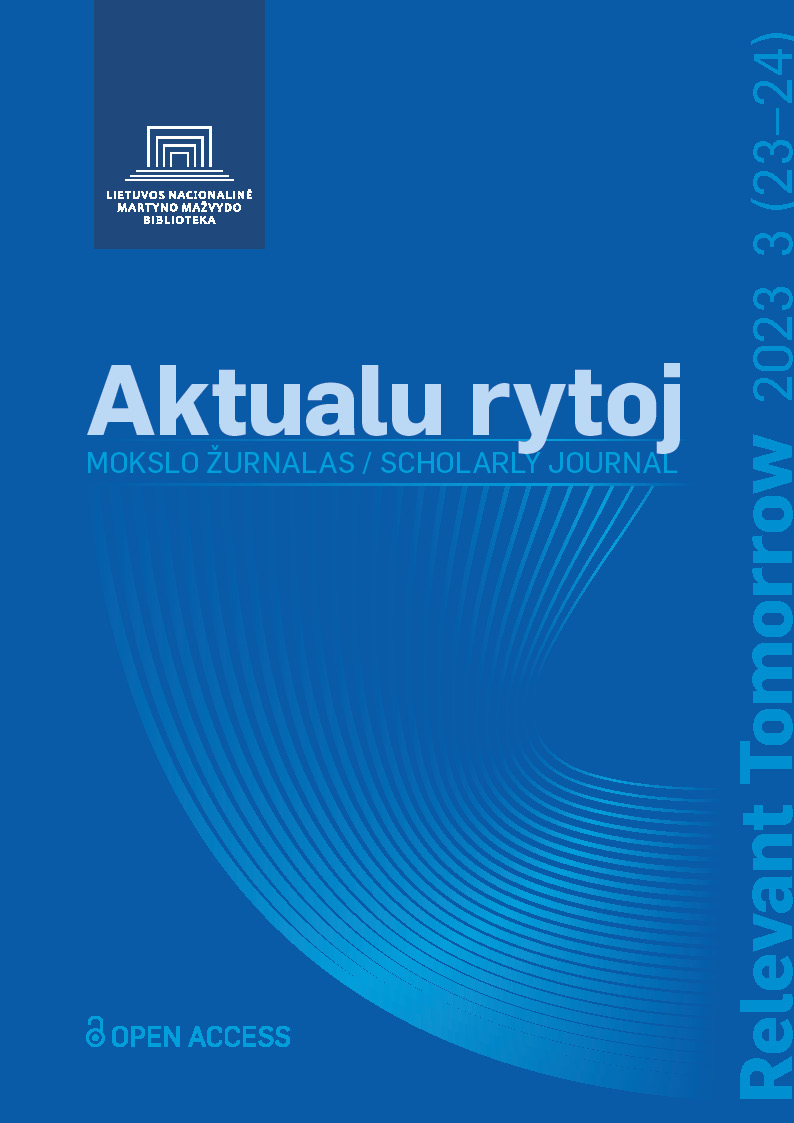Vilnius—Athens of the Future
DOI:
https://doi.org/10.51740/RT.3.23.24.2Keywords:
Athens of the North, genius loci, democracy, vision of a new European civilization, Vilnius, Edinburgh, Tartu, Irena Byrska, Vaidotas Daunys, Moyshe Kulbak, Oscar Milosz, Czesław Miłosz, Pranas Morkus, Tomas VenclovaAbstract
The author of the article envisions Vilnius as the Athens of the North—a city that embodies spiritual and cultural strength, founded on the interaction of history, memory, and creativity. Having endured many oppressions and wars over the centuries, Vilnius has preserved its spirit, becoming a center of solidarity and intellectual life. This uniqueness of Vilnius is revealed through the ideas of Oscar Milosz, Moyshe Kulbak, Czesław Miłosz, Irena Byrska, Pranas Morkus, Tomas Venclova, Vaidotas Daunys and others. They all emphasize the importance of genius loci—the spirit of the place, which shapes the identity of the city and its people. Like other cities that can be called the Athens of the North, such as Edinburgh or Tartu, Vilnius shows that culture is the cornerstone of the city’s vitality. In this context, the idea of Vilnius’s smallness emerges as a prerequisite for restoring the heritage of the past and forming a vision of the future. Today’s Vilnius, while maintaining its unique spirit, fosters solidarity, intercultural dialogue and democratic values, and becomes the basis of a new vision of European civilization, a vision in which history and values merge into a harmonious future.










